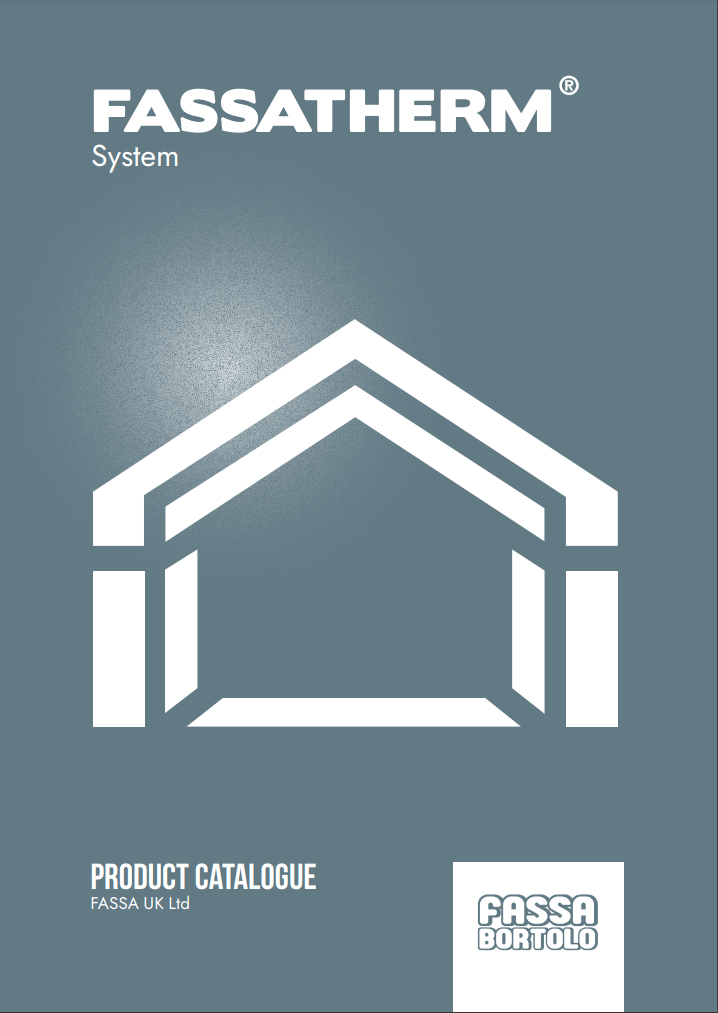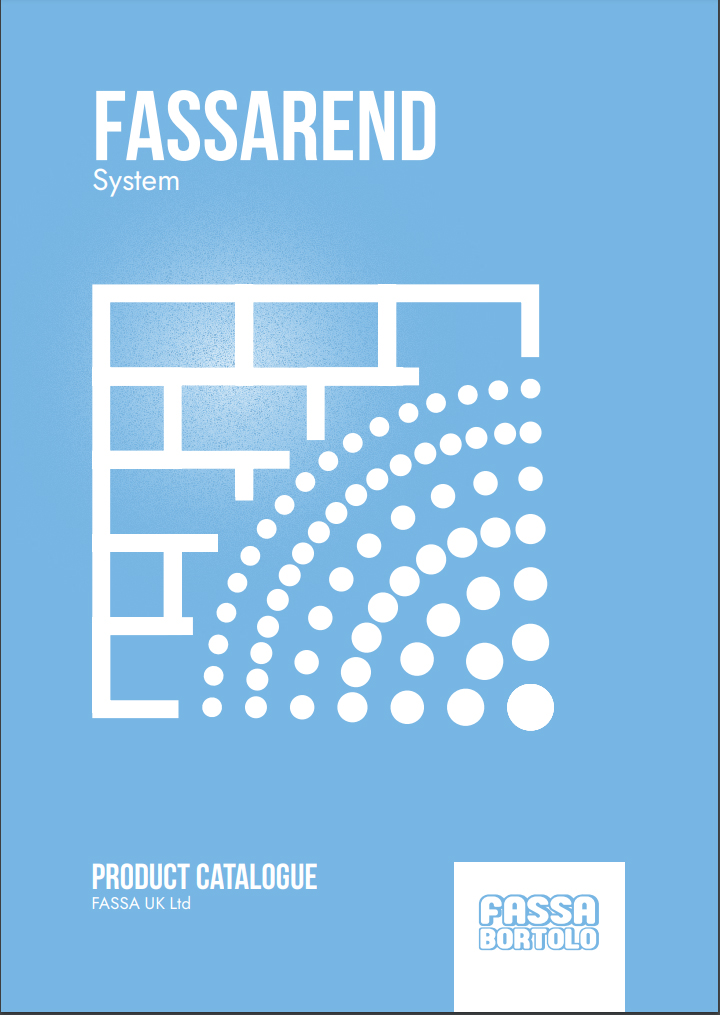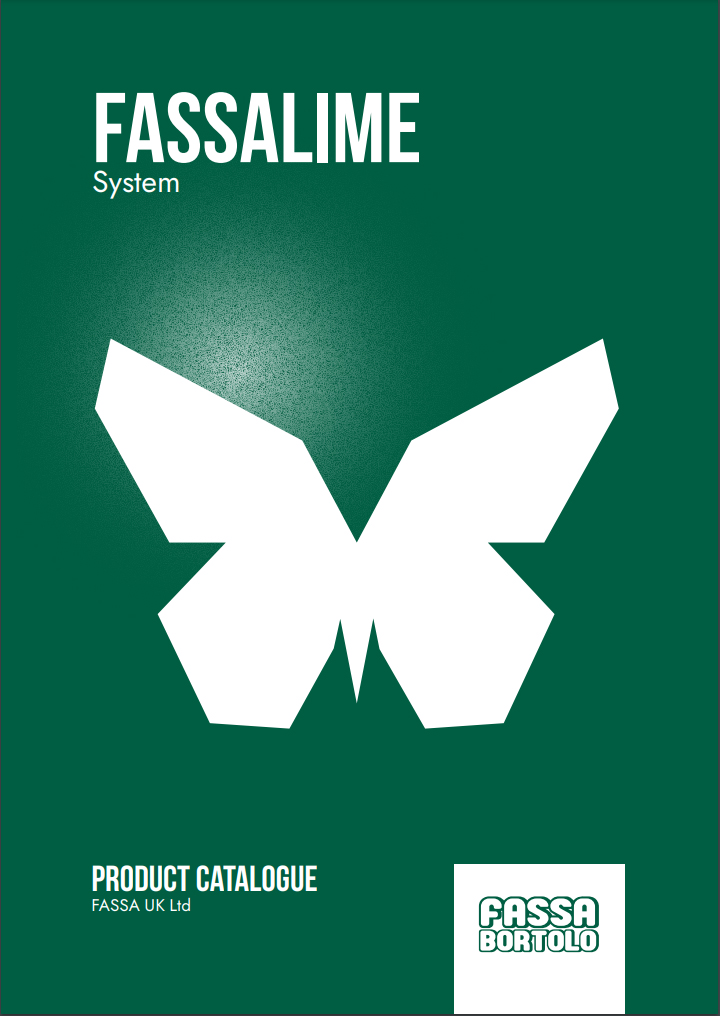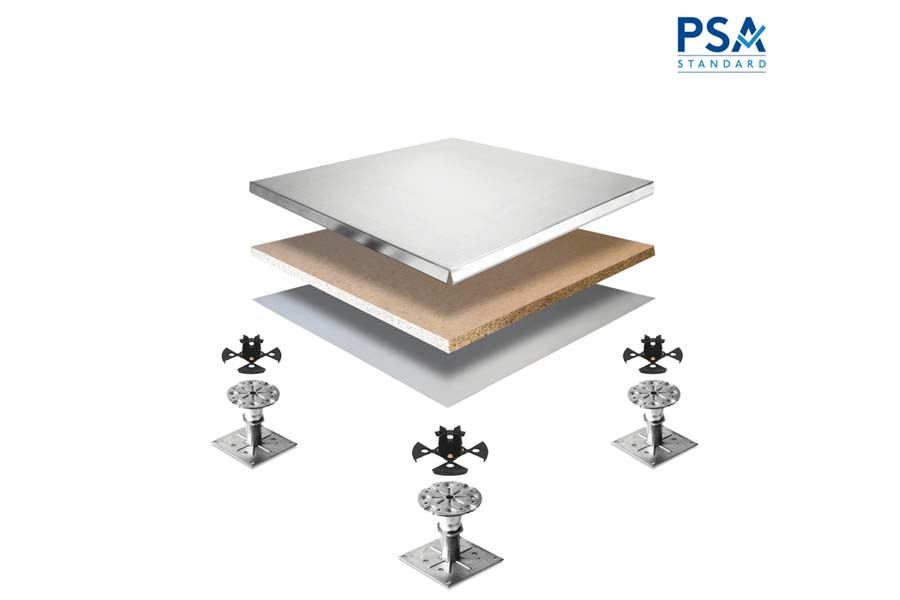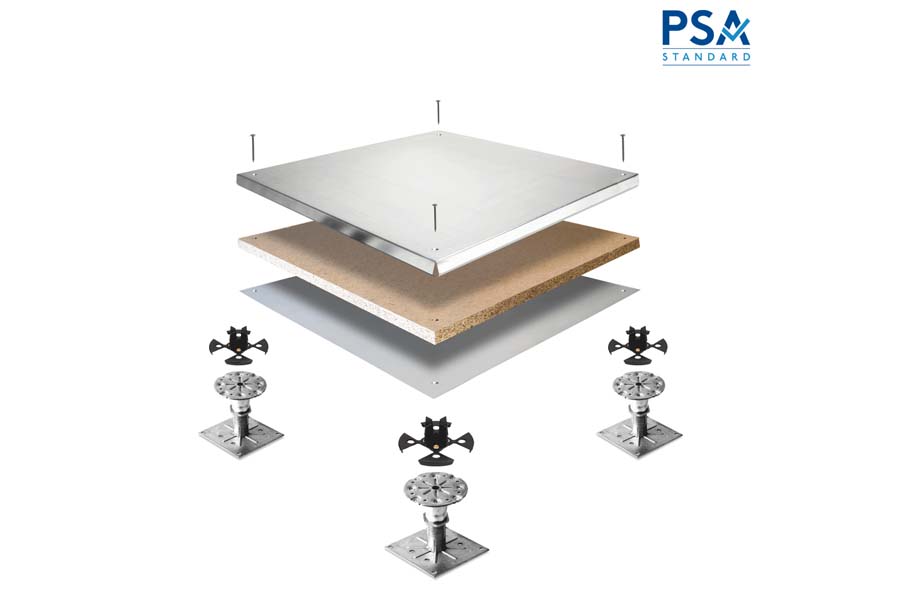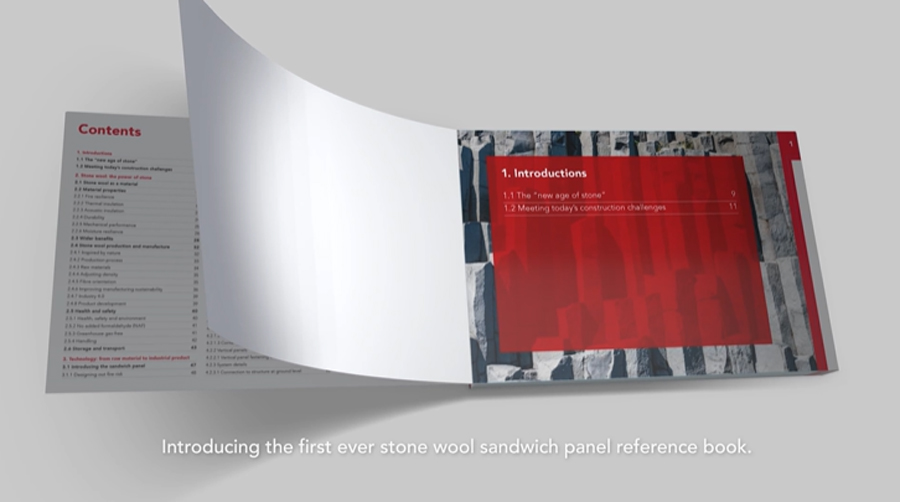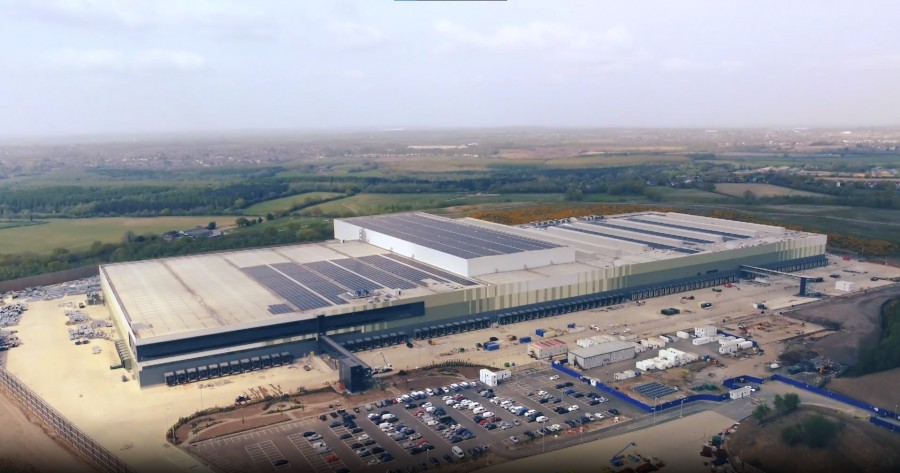The growth rate of UK manufacturing production accelerated to a seven-month high in February, aided by stronger domestic demand, fewer raw material shortages and easing global supply chain pressures.
Although input price inflation remained elevated, the latest survey also signalled that cost increases were starting to moderate.
The seasonally adjusted IHS Markit/CIPS Purchasing Managers’ Index (PMI) rose to a three-month high of 58.0 in February, up from 57.3 in January. The PMI has remained above the neutral 50.0 mark for 21 successive months.
Faster growth of output, new orders and stocks of purchases all helped lift the PMI level in February, offsetting the impact of slower job creation and a lessening of supply chain disruptions.
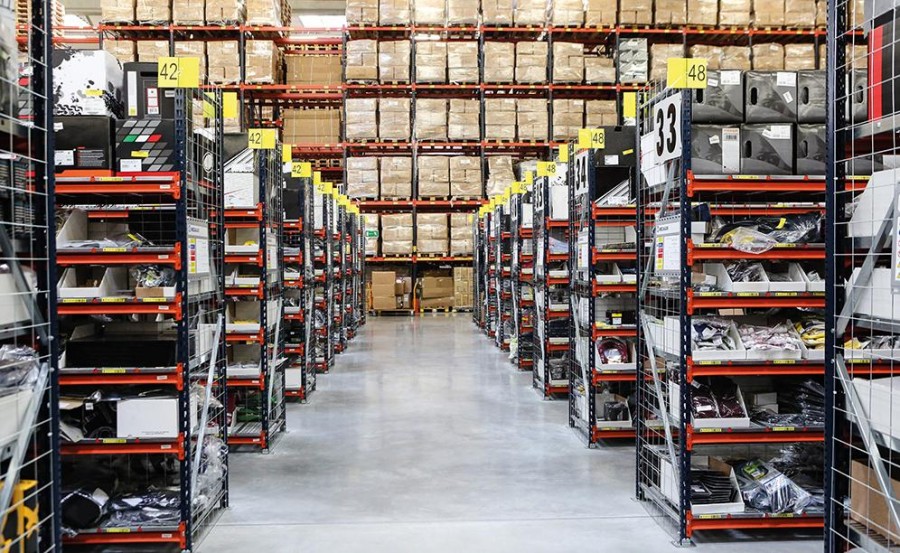
Manufacturing output and new orders rose across the consumer, intermediate and investment goods sub-industries in February. Higher new work intakes reflected stronger domestic demand, new customer wins, looser COVID restrictions and improved market conditions.
In contrast, new export business decreased for the fifth time in the past six months, amid reports of Brexit-related issues, ongoing pandemic restrictions in trading partners and the loss of business from long lead times.
The outlook for the manufacturing sector remained positive in February. Almost 64% of survey respondents forecast that production would increase over the coming 12 months, taking the overall degree of optimism to a six-month high. Positive sentiment was attributed to market growth, strong order pipelines, lower pandemic-related restrictions and reduced levels of supply-chain disruption, plus input shortages.
Improved output and new order growth, alongside rising business optimism, underpinned job creation in February.
Employment increased for the fourteenth month in a row, with the rate of expansion above its long-run average (albeit weaker than in January). Jobs growth supported a reduction in backlogs of work, which fell for the first time in 16 months.
Average vendor lead times lengthened for the thirty-second consecutive month in February. There were signs that supply chain disruptions were passed their peak, however. Although the incidence of delivery delays remained high, it was the least severe since November 2020.
Companies continued to guard against a re-emergence of supply chain pressures in February, as highlighted by rising volumes of input purchasing and the further build-up of stocks of raw materials. Inventories of finished goods also rose slightly for the first time in over two years.
Rates of purchase price and output charge inflation remained among the highest on record in February. Companies reported that increases in a broad range of inputs – including chemicals, electronics, energy, food stuffs and metals – had driven up purchasing costs. These were then passed on (in part) to clients in the form of higher selling prices. That said, rates of increase in both price measures eased further from recent highs.
Rob Dobson, Director at IHS Markit, said: “February saw rates of expansion in UK manufacturing production and new orders both accelerate. Growth was boosted by stronger domestic demand and by firms catching up on delayed work as material shortages and supply chain disruptions started to dissipate.
“Consumer goods output in particular also benefitted from increased sales due to a further easing of COVID restrictions. However, the trend in new export orders is less positive, slipping back into contraction after January’s short-lived uptick.
“While companies maintain a positive outlook for the year ahead, rising headwinds, especially the intensifying geopolitical backdrop, are ratcheting up near-term risks to demand and confidence.
“Inflationary pressure also remained elevated across the manufacturing sector in February. Companies were hit hard by rising transportation, energy and commodity prices, leading to further increases in selling prices. That said, rates of inflation for input costs and output charges eased further. Although this easing may have provided some temporary respite, signs that energy and oil prices may stay high is a further cause for concern.”
Duncan Brock, Group Director at the Chartered Institute of Procurement & Supply, explained: “February saw a welcome uplift in manufacturing activity as the end of lockdown restrictions and more improvements in supply chain performance fuelled output growth momentum towards a seven-month high.
“Domestic customers picked up the pace with stronger pipelines of new work, which was in stark contrast to another softening in overseas orders and the fifth drop in six months. Survey respondents cited Brexit obstacles and an overspill of pandemic supply issues acting as a brake on export opportunities with clients seeking alternative sources.
“Elevated prices remained with inflationary costs still rising at both ends of the supply chain. Commodities such as food, raw materials and transportation were more expensive and meant firms’ charges to customers rose again as they have in each month for almost six years.
“There were certainly several positives for the UK’s manufacturing sector in February as 64% of manufacturing businesses remained optimistic. However, this success comes with a health warning as the Ukrainian crisis deepens and the potential for higher commodity prices, disruptions to supply and economic pain must be considered by businesses as they try to build resilience into their supply chains in the coming months.”










